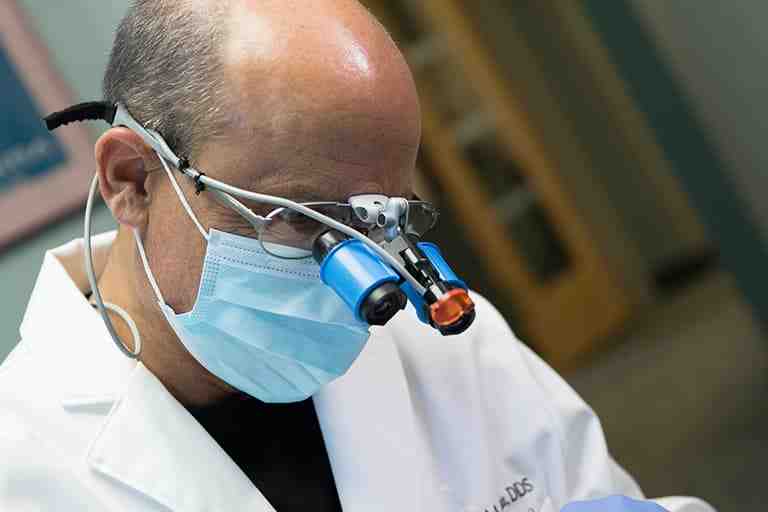Is there a phobia of dentists?
But for some people, such fears can come in the form of dentophobia (also known as odontophobia). Like other phobias, this is defined as an extreme or irrational fear of objects, situations, or people â € “in this case, dentophobia is the extreme fear of approaching the dentist.
What is Zoophobia?
Zoophobia refers to the fear of animals. Most of the time, this fear is directed at a specific type of animal. However, it is also possible for a person with zoophobia to fear all or many types of animal.
What is the fear of your teeth falling out called?
Many people around the world suffer from what is known as “Dental Anxiety” or “Dental Anxiety”. …
What is the Glossophobia?
Glossophobia is a social phobia, or social anxiety disorder. Anxiety disorders go beyond occasional anxiety or nervousness. They cause strong fears that are out of proportion to what you are experiencing or thinking about.
Why is dentistry the most stressful job?

Nearly half of dentists say that stress in their job exceeds their ability to cope and the most harrowing aspects of their job are related to regulation and fear of patient litigation, according to a new large-scale study published in this issue from BDJ.
Do you have to be smart to be a dentist?
You don’t need genius level IQ to be a dentist but what you really need is to be skilled with your hands. There are many sensitive areas in a person’s mouth and incorrect movement could easily lead to pain for the patient.
Why are dentists Most suicidal?
]
Why do dentists only work 4 days a week?
Hospitals never close, but dental offices often only open four days a week or less. That’s mainly because staffing is the dentist’s biggest operating cost; the fewer days the office stays open, the less a dentist has to shell out to office personnel. (Of course, dentists respond to emergency calls.
How do dentists manage anxiety patients?

7 Ways You Can Help Your Patients Deal With Dental Anxiety
- Provide ways to assess dental fear. …
- Offer pre-treatment sessions whenever possible. …
- Create good distractions. …
- Develop trust through good communication. …
- Express professionalism. …
- Creating a professional atmosphere. …
- Wear the right costume.
How do you calm an anxious patient?
5 Ways to Help Concerned Patients
- Recognize anxiety. Anxiety can present differently depending on the individual and the situation. …
- Talk to the patient. Establish open communication so that the patient is comfortable asking questions. …
- Listen. Listening is one of the most important steps. …
- Offer empathy. …
- Help patients relax.
How much Xanax should I take for dental anxiety?
Anxiety Disorders and Temporary Symptoms of Anxiety Treatment should be started for patients with anxiety with a dose of 0.25 to 0.5 mg given three times daily. The dose can be increased to maximize therapeutic effect, at intervals of 3 to 4 days, to a maximum daily dose of 4 mg, given in divided doses.
How common is dental anxiety?
Dental anxiety, or dental fear, is estimated to affect approximately 36% of the population, with a further 12% experiencing extreme dental fear [1].
Can dentist give you something for anxiety?

Medicines to reduce dental anxiety Your dentist can prescribe anti-anxiety drugs, such as diazepam (Valium), which you can take an hour before a scheduled dental visit. Your dentist may also recommend conscious sedation, such as nitrous oxide (or ‘gas killing’), which can help calm nerves.
Will a dentist put you to sleep if you ask?
The short answer to this question is ‘Yes’, your dentist can put you to sleep for treatment. However, a technique called ‘conscious sedation’ has replaced general anesthesia in modern dentistry. Conscientious sedation treatment consists of a single drug given intravenously that has multiple effects.
What can I take to calm my nerves before dentist?
If you are nervous about an upcoming dental visit, try these ways to calm your anxiety:
- Share your fears. …
- Focus on regular and slow breathing during dental procedures. …
- Listen to some tunes. …
- Watch what you eat and drink. …
- Use hand signals. …
- Choose a low stress appointment time. …
- Get good reviews.